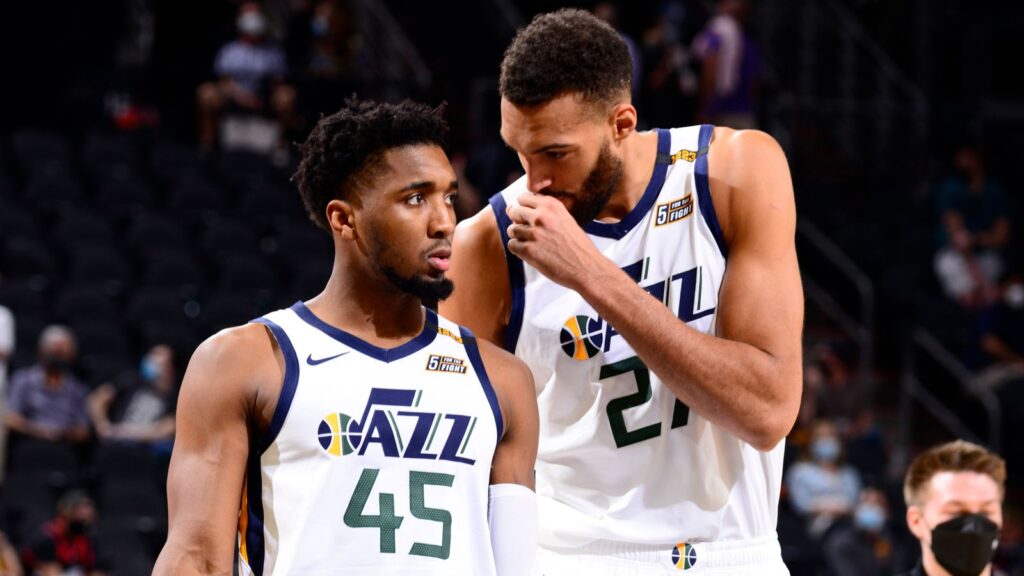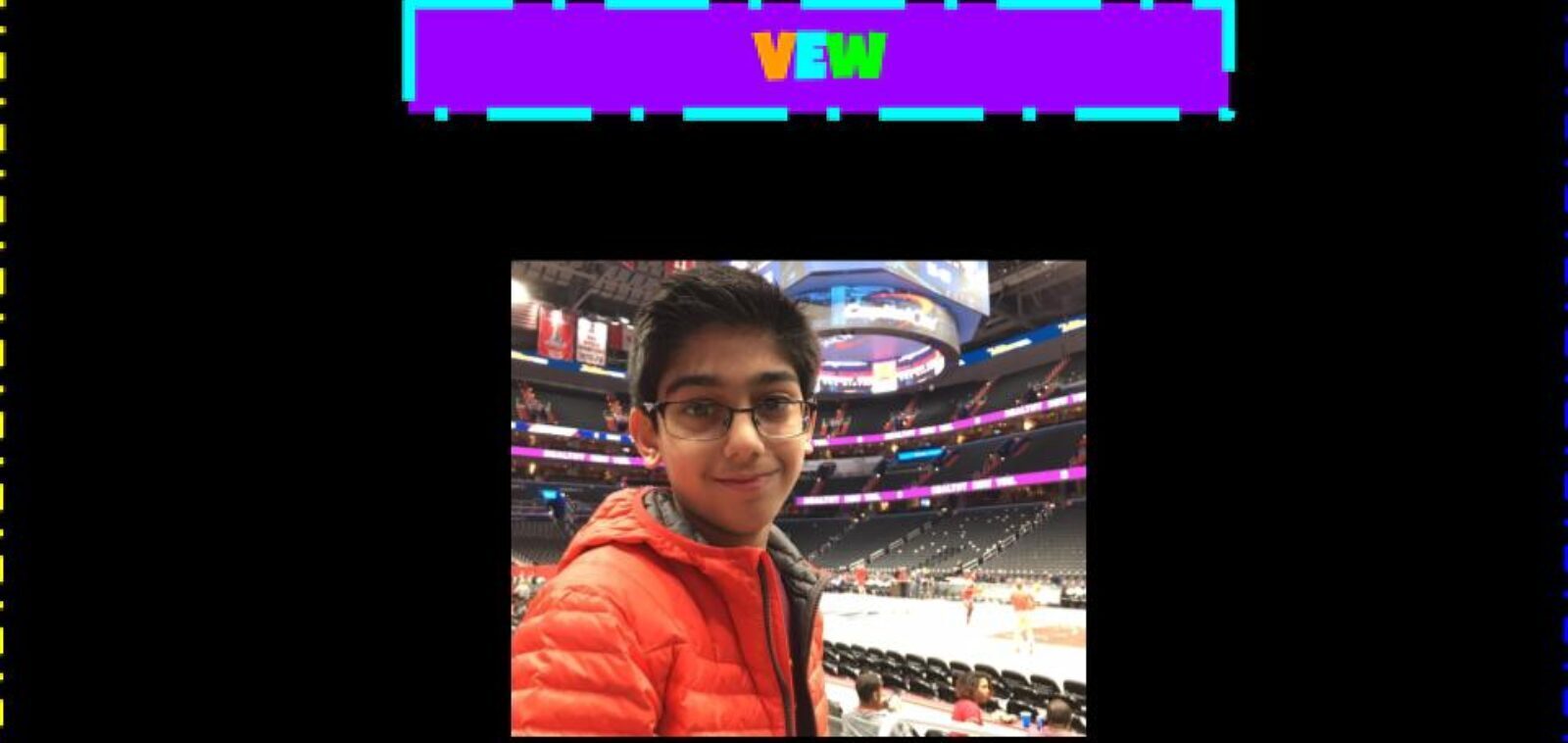(Plus, a Look the Jazz’s Rebuild)

The Jazz can never seem to string together a successful postseason run. A year previously, Utah sat atop the Western Conference. Then, a month later, they fell to the hands of the Clippers. The year before that, the Nuggets squeaked by the Jazz behind Jamal Murray’s heroics to earn a ticket to the Conference Semifinals. What’s behind Utah’s constant failure in the Playoffs?
Part of the answer may have been because of their lack of defense. Sure, the Jazz may have had a lockdown defender in Rudy Gobert, but he was never a good perimeter defender. Other than Gobert, the Jazz had no other notable defenders. The Jazz relied on their offensive firepower to get through the regular season. However, the postseason is a different story. Teams play with much more intensity, pace, and urgency on the offensive end, that the Jazz can’t hold their own on defense. In the Playoffs, Utah’s elite offense was not able to make up for their poor defense.
Matchup hunting is becoming more common, and we saw some in Utah’s series against the Mavericks this past postseason, with Luka Doncic and Jalen Brunson mercilessly scoring on the helpless 6’1” Donovan Mitchell.
Speaking of Mitchell, his tunnel vision may be another reason why the Jazz always fell short in the Playoffs. Mitchell is more of a score-first guard, and that may have hurt the team, because he isn’t able to create open looks for his teammates. Without Mitchell improving his playmaking, the Jazz aren’t achieving anything in the Playoffs.
The Rudy Gobert trade means that the Jazz hit the reset button after their numerous Playoff exits. They got a big haul for Gobert, which consists of many draft picks in the upcoming years, and a few role players from the Timberwolves. The most interesting player in the trade, though, was Patrick Beverley.
Beverley might be the answer to at least some of Utah’s problems. He is a staunch defender, and he can help relieve some of the playmaking duties from Mitchell. (Even if Mike Conley does that too, it’s nice to have a backup)
Originally, the Jazz did not want to shop Mitchell, but after looking at some of the offers, Utah is now more inclined to trade the 25 year old star. The Jazz want a fresh start, and dealing Mitchell would probably give them a great deal of draft picks to start off. Nevertheless, I think they should keep him. Here’s why:
The Jazz can build around him. What’s better than building around a star that hasn’t even reached his prime yet? The Jazz should approach this strategy by first trading for a co-star, or a superstar. I think the latter is better, because everybody knows you can’t carry a team with only one big name. After Utah has that in the books, they can get role players whose abilities complement Mitchell’s and the other star. In Utah’s case, it’ll likely be defensive minded players. Of course, the Jazz will have to trade some of their own players, but that’ll be fine because they can just trade away the players that are vulnerable defensively, to make the balance between offensive and defensive players as even as possible.
The other option is what the Jazz are doing right now – accumulating picks and hoping those picks will blossom into at least a reliable rotation player. Even so, that path to championship contention is risky. What if those picks turn out to be busts? What if, after all the work Utah put in to attain those picks, they could have got a guaranteed starter instead of the boatload picks?
For these reasons, I think the first plan to build around Mitchell is the better one, at least if the Jazz would prefer to win now instead of being patient. For a team that’s made the postseason 31 times in their 48 years in the league, it’s got to be frustrating to finally be near the bottom.

